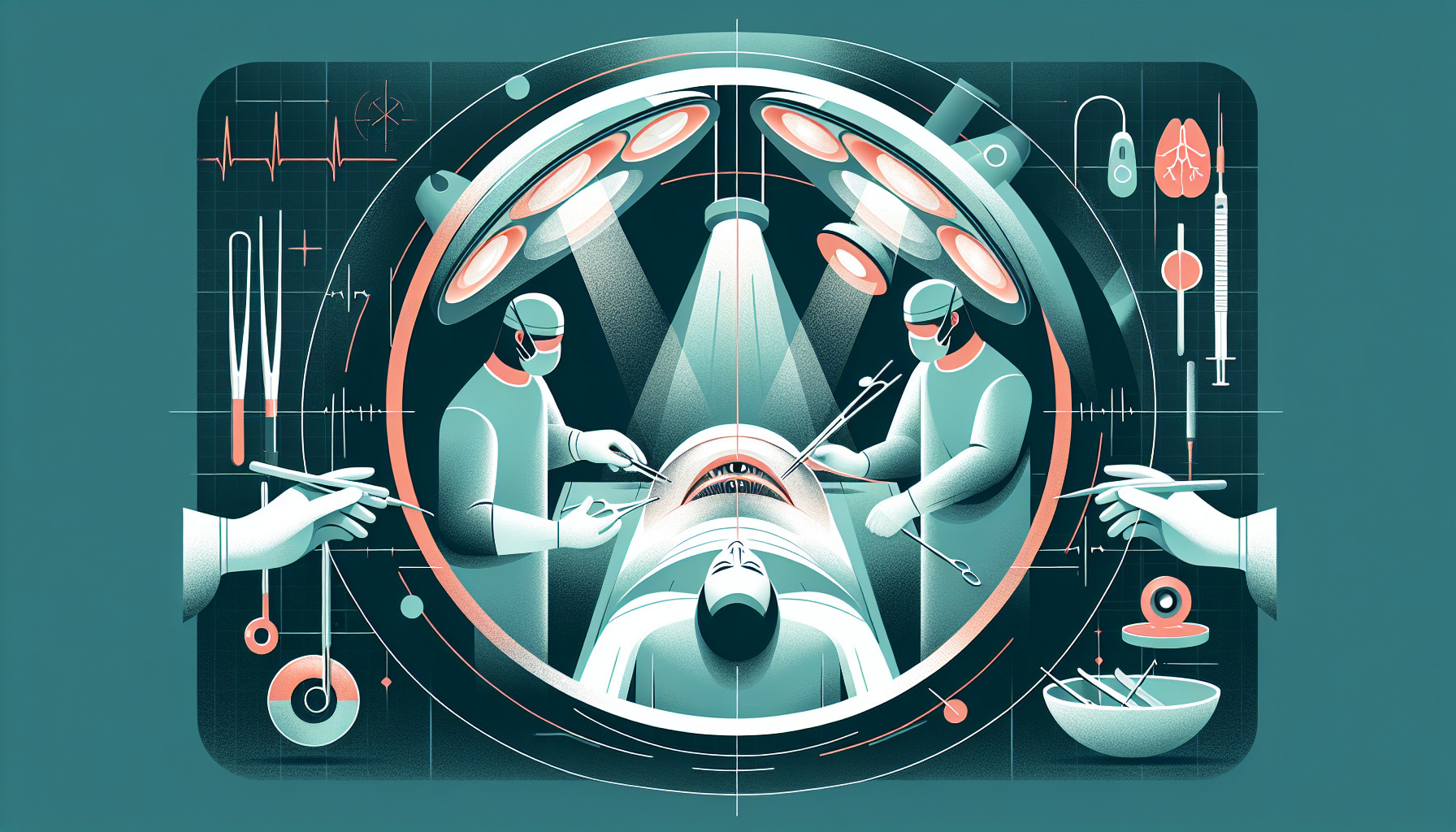Our Summary
This research paper discusses how cataract surgery has evolved over time. In the past, the procedure was primarily used to remove the cloudy lens in the eye and replace it with an artificial one, helping patients to see clearly again. However, this process did not consider whether the patient would need glasses or contact lenses after the surgery. Thanks to modern medical technology, it’s now possible to correct these vision issues during the surgery itself. This advancement, known as cataract refractive surgery, isn’t necessary for medical reasons but is appreciated by many patients. They like the opportunity to decrease or get rid of their need for glasses after surgery, even if it might cost them a bit more.
FAQs
- What is the main goal of traditional cataract surgery?
- How does modern cataract refractive surgery differ from traditional cataract surgery?
- Will I still need to wear glasses or contact lenses after undergoing cataract refractive surgery?
Doctor’s Tip
A helpful tip a doctor might tell a patient about cataract surgery is to discuss their desire for reduced dependence on glasses or contact lenses after the procedure. Modern advancements in cataract surgery now allow for the correction of refractive errors during the surgery, potentially reducing the need for corrective eyewear post-surgery. Patients should communicate their preferences and expectations with their doctor to determine the best treatment plan for their individual needs.
Suitable For
Patients who are typically recommended for cataract surgery include those with significant vision impairment due to cataracts, those who have difficulty performing daily activities such as reading or driving, and those who have experienced a decline in visual acuity that cannot be corrected with glasses or contact lenses. Additionally, patients with other eye conditions such as glaucoma or age-related macular degeneration may also be recommended for cataract surgery to improve their overall visual function. Overall, the decision to undergo cataract surgery is made on a case-by-case basis by the patient and their ophthalmologist, taking into consideration the patient’s individual needs and preferences.
Timeline
Before cataract surgery:
- Patient experiences blurry vision, difficulty seeing in low light, glare, and halos around lights.
- Patient visits an ophthalmologist for a comprehensive eye exam to confirm the presence of cataracts.
- Ophthalmologist discusses treatment options and potential risks and benefits of surgery.
- Patient undergoes pre-operative testing to determine the appropriate lens implant for their vision needs.
After cataract surgery:
- Patient undergoes a simple and quick surgical procedure to remove the clouded lens and replace it with an artificial lens.
- Patient may experience improved vision immediately after surgery, but full recovery may take a few days to weeks.
- Patient may need to use prescription eye drops to prevent infection and promote healing.
- Patient may need to wear a protective shield over their eye while sleeping to prevent accidental rubbing or pressure on the eye.
- Patient may need to attend follow-up appointments with their ophthalmologist to monitor healing and ensure proper vision correction.
- Patient may need to use reading glasses or contact lenses for near vision, or choose a premium lens option to reduce or eliminate the need for glasses after surgery.
What to Ask Your Doctor
- What type of cataract surgery do you recommend for my specific case?
- What are the potential risks and complications associated with cataract surgery?
- Will I need to wear glasses or contact lenses after surgery?
- Can I choose to have a premium intraocular lens (IOL) implanted during surgery to potentially reduce my need for glasses?
- What is the recovery process like after cataract surgery?
- How long will it take for my vision to fully improve after surgery?
- Are there any specific precautions or activities I should avoid before or after surgery?
- What is the success rate of cataract surgery in patients with similar conditions to mine?
- How often will I need to follow-up with you after surgery?
- What should I do if I experience any complications or changes in my vision after surgery?
Reference
Authors: Potvin R. Journal: Healthc Manage Forum. 2016 Nov;29(6):227-234. doi: 10.1177/0840470416669754. PMID: 27807219
